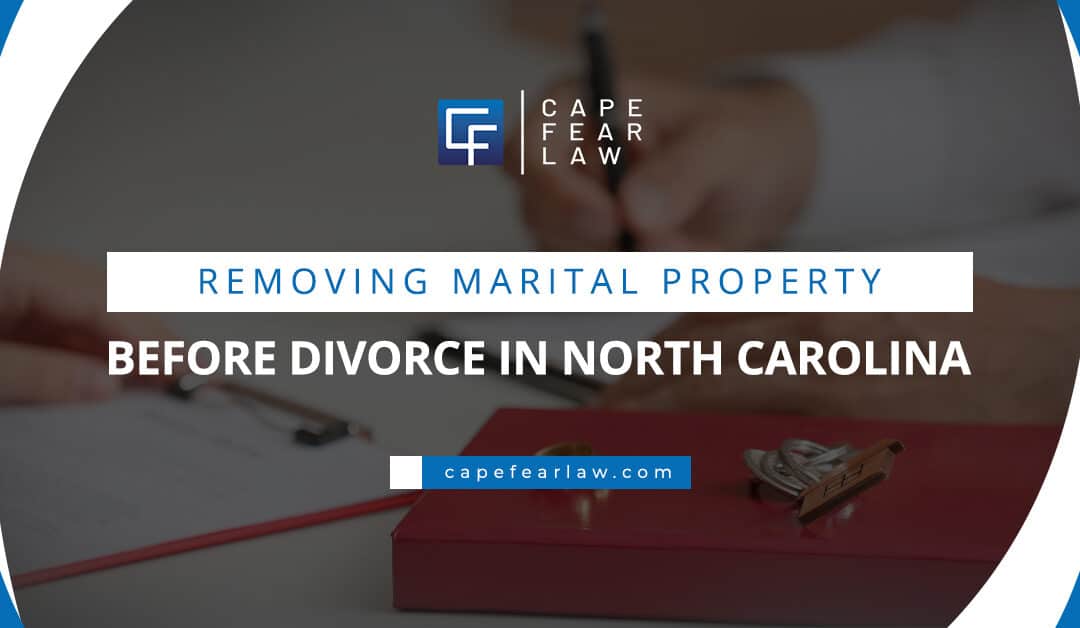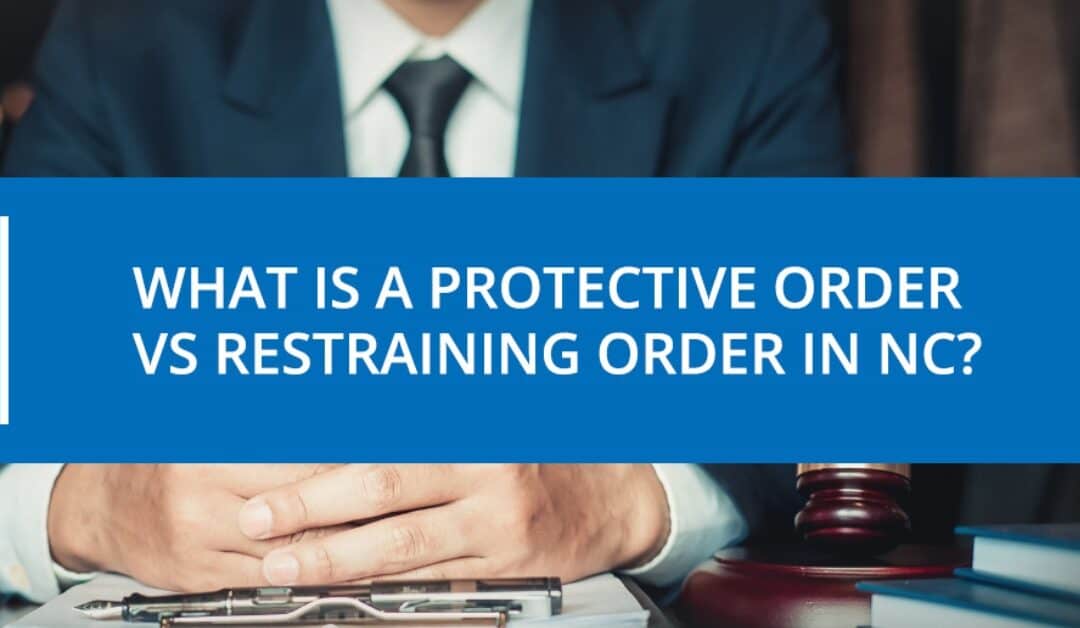
Removing Marital Property Before Divorce in North Carolina
In North Carolina, the division of marital assets isn’t a straightforward 50/50 split. Instead, assets are distributed equitably, as outlined in North Carolina Law. This means you can remove marital property before divorce for necessities, but frivolous spending to harm your spouse could backfire in court. Read on for answers.

Revocation of License in NC: What You Need to Know
Losing your driving license is more than an inconvenience; it can dramatically affect your life. Whether you’re a driver facing a potential driver’s license suspension or worried too many traffic tickets may bring you a license revocation, understanding the ins and outs of the process is crucial. So join us for a comprehensive guide on why licenses get revoked in North Carolina, the legal consequences, and what steps you can take if you find yourself in this unfortunate situation.

Facing Vehicular Homicide Charges in North Carolina
Facing vehicular homicide charges is a life-altering situation that requires immediate action. While the emotional weight of such an event can be overwhelming, you must take essential actions to defend yourself. Keep reading for clear advice that can help you find your way through the complex legal terrain ahead.

15 Common Myths About DWI Arrests in NC
When it comes to DWI arrests in North Carolina, misinformation can lead to poor decisions and severe consequences. Many people think they understand the laws and the process, but common myths abound. Set the record straight in your mind with accurate information at your fingertips. You’ll be better equipped to navigate the complex legal landscape if you face a DWI arrest.

Understanding NC Divorce Laws: A Simple Guide
Going through a divorce can be an emotionally draining experience. However, understanding the legal landscape can offer some clarity during a confusing time. Find out how NC Divorce Laws work so you’re better prepared for what lies ahead. From filing requirements to property division, we’ll cover essential topics that will guide you through the complexities of divorce in North Carolina.

Can I Write My Own Will and Have It Notarized?
Navigating the world of wills and estate planning in North Carolina can be complex. Many wonder, “Can I write my own will and have it notarized without professional legal assistance?” Explore the ins and outs of crafting your own will in North Carolina. Understand the legal landscape to ensure your final wishes are honored and your estate is secure.

Legal Guardianship for Adults with Disabilities
Legal guardianship for adults with disabilities is essential for families and caregivers who need protective measures for loved ones unable to care for themselves. From understanding what guardianship entails to knowing how to go through the process, this guide aims to be a helpful resource for anyone navigating this complex legal terrain. Explore the essential elements of legal guardianship, considering the laws specific to North Carolina.

The Guardianship Lawyer: Assisting Loved Ones Needing Help
The complex legal process of becoming a guardian to an adult can be overwhelming. A knowledgeable and experienced guide can make all the difference. So let’s look at the critical role of a guardianship lawyer and find out how they can assist you. From completing the necessary paperwork to representing you in court, your guardianship attorney eases the path to guardianship, protecting the interests of your vulnerable loved ones.

What is a Protective Order vs Restraining Order in NC?
When facing a situation where personal safety and security are at risk, it’s crucial to find protection. In North Carolina, protective and restraining orders are terms often used interchangeably. In this comprehensive guide, we’ll explore protective orders vs restraining orders, the criteria for obtaining one, and the essential steps you can take to ensure your safety and well-being under the law. Navigate the legal process more effectively and make informed decisions to safeguard your rights and personal safety.

Avoid a Hearing to Declare You Mentally Incapacitated
As individuals age, preserving their autonomy and decision-making capabilities becomes paramount. The complexities of navigating the legal system while safeguarding the rights and dignity of our elderly loved ones can be overwhelming. However, we can ensure their wishes are respected and their interests protected by helping them plan for a future without court assessments for the mentally incapacitated. Join us for advice that empowers families to avoid the necessity of competency hearings.
